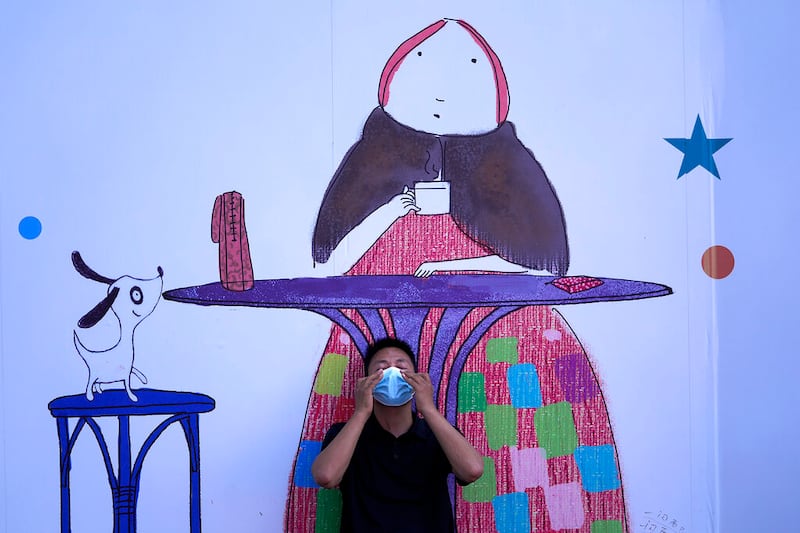China’s COVID-19 vaccines — what the country has called a “global public good” — have come under increased scrutiny lately. Four countries that vaccinated the majority of their populations with Chinese vaccines all ranked among the 10 worst outbreaks in the world last week, reports The New York Times.
- Experts say that if Chinese vaccines were effective at curbing coronavirus transmission, new cases would not be this high among highly vaccinated populations, reports ABP News.
What vaccines has China made?
China developed two primary coronavirus vaccines: Sinovac and Sinopharm. Both vaccines were approved by WHO for global use, reports The Times of India.
- Sinovac has a 51% effectiveness, per The New York Times.
- Sinopharm has a 78.1% effectiveness, per The Times of India.
However, the effectiveness of these vaccines for curbing virus transmission and for protecting against new variants, such as the delta variant, remains uncertain, says The New York Times. Like with other COVID-19 vaccines, fully vaccinated people can become infected, show few or no symptoms and spread the virus to others.
- Over 90 countries are currently using Chinese vaccines, says Axios.
Are Chinese vaccines effective against COVID-19 spread?
Bahrain, Chile, Mongolia and Seychelles all used Sinovac and Sinopharm vaccines to inoculate their populations. Their vaccination campaigns outpaced the U.S., reports ABP News. Yet, all countries have seen a recent surge in infections.
- In Seychelles, 68% of the population is fully vaccinated yet cases have increased by 17% over the last two weeks, according to Our World in Data. Still, the country has defended Sinopharm as effective, reports The New York Times.
- In Mongolia, 53% of the population is fully vaccinated yet cases have increased by 102% over the last two weeks. Daily new cases have quadrupled since last month, exceeding 2,000 new cases a day, according to Our World in Data.
- In Bahrain, 54% of the population is fully vaccinated yet cases have surged recently. According to The New York Times, Bahrain has now offered booster shots of Sinopharm and “made the Pfizer/BioNTech coronavirus vaccine available as a booster shot,” says Reuters.
- In Chile, cases have surged despite 50% of the population being fully vaccinated and another 13% partially vaccinated, per data from Our World in Data.
China has denied the link between its vaccines and surges in infections, defending that all of these countries relaxed restrictions before reaching herd immunity, reports ABP News.
- The countries’ experience offers a “cautionary tale” for other nations considering the widespread use of Chinese vaccines, reports The New York Times.
What implications does this have?
The scrutiny of Chinese vaccines has far-reaching implications. Public trust in vaccines is at risk and convincing people to get vaccinated — or to get another vaccine booster shot — may prove increasingly difficult, says The New York Times.
- China has heavily pushed its vaccine diplomacy among developing nations as a way of cultivating and expanding its international influence, says Axios.
- The U.S. has been slower to ship vaccines abroad but has recently pledged over 500 million doses of Pfizer vaccines to countries most in need, reports Deseret News.
The increased skepticism about Chinese vaccines may provide the U.S. the opportunity to take the lead in vaccine diplomacy, reports Axios.

